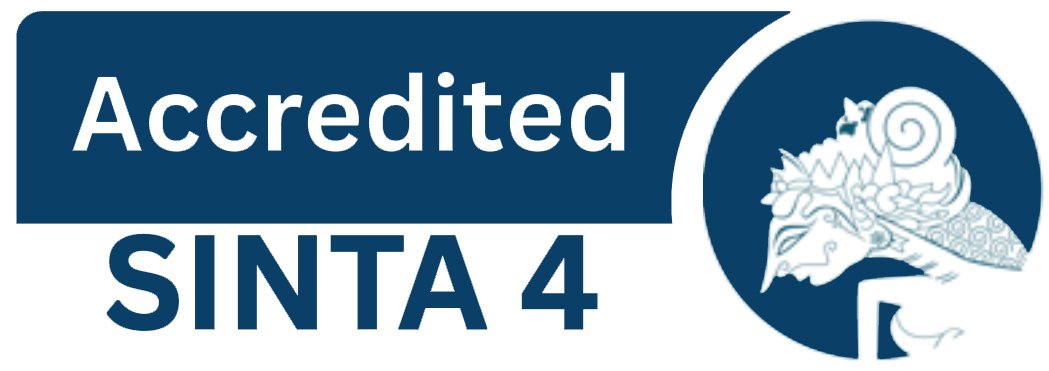APPLICATION OF MODEL PROBLEM BASED LEARNING TO IMPROVE STUDENT LEARNING OUTCOMES IN SUBTEMA ENERGY AND ITS CHANGES
DOI:
https://doi.org/10.22460/collase.v1i2.2261Keywords:
Problem Based Learning, Learning Outcomes, Energy and its Changes.Abstract
References
Ahmadi, Abu and Nur Uhbiyati. (2007). The Science Of Education. Jakarta: PT Rineka Cipta
Amir, M. Taufiq. (2009). Innovation Education Through Problem Based learning. Jakarta: Kencana Prenada Media Group.
Arifin, Zainal. (2009). The Evaluation Of Learning. Bandung: PT. Teen Rosdakarya
Arikunto, Suharsimi. (2009). Research Procedure An Approach To Practice. Jakarta: Rineka Cipta.
Conny. (2008). Learning and the Learning of Preschool and primary School. Jakarta: Macanan Jaya Cemerlang.
Fitri Rizkia Gahari. (2014). The use of the Model Guide Note Taking To Improve the Activity And Students Learning Outcomes In teaching SCIENCE Material Structure of the Earth. Thesis UNPAS: not published
The Judge, Thursan. (2002). Overcome A Sense Of Not Confident. Jakarta: Puspa Swara
Iswidharmanjaya and the Great. (2004). One Day Become More Confident. Jakarta : PT Elex Media Komputindo.
Kosasih. (2014). Learning strategies and Learning Implementation of Curriculum 2013. Bandung: Yrama Widya
Kunandar. (2012). Easy Steps Of Classroom Action Research As Teacher Professional Development. Jakarta: Rajawali Press
Majid, Abdul. (2014). Thematic Learning Integrated. Bandung: Remaja Rosdakarya
Mulyasa. (2013). The development and Implementation of Curriculum 2013. Bandung: Remaja Rosdakarya
Muslich, Masnur. (2012). Carry out PTK it easy (classroom action research) practical guide for professional teachers. Jakarta: Bumi Aksara
Nuriani. (2014). The application of model cooperative learning type jigsaw to enhance interest and student learning outcomes in SCIENCE learning. UPI: unpublished
Rusman. (2013). Model – Learning Model To Develop Teacher Professionalism. Jakarta: Raja Grafindo Persada.
Sudjana, Nana. (2010). Assessment Results The Teaching And Learning Process. Bandung: PT. The Young Rosdakarya.
Herawati, Susilo (2011). Classroom Action research As a Means of Development of Professionalism of Teachers and Prospective Teachers. Malang: Bayumedia Publishing
Suyadi. (2013). Learning Strategies Of Character Education. New York: Rosdakarya
Trianto. (2007). Innovative models of Learning-Oriented Constructivist. Jakarta : Prestasi Pustaka.



